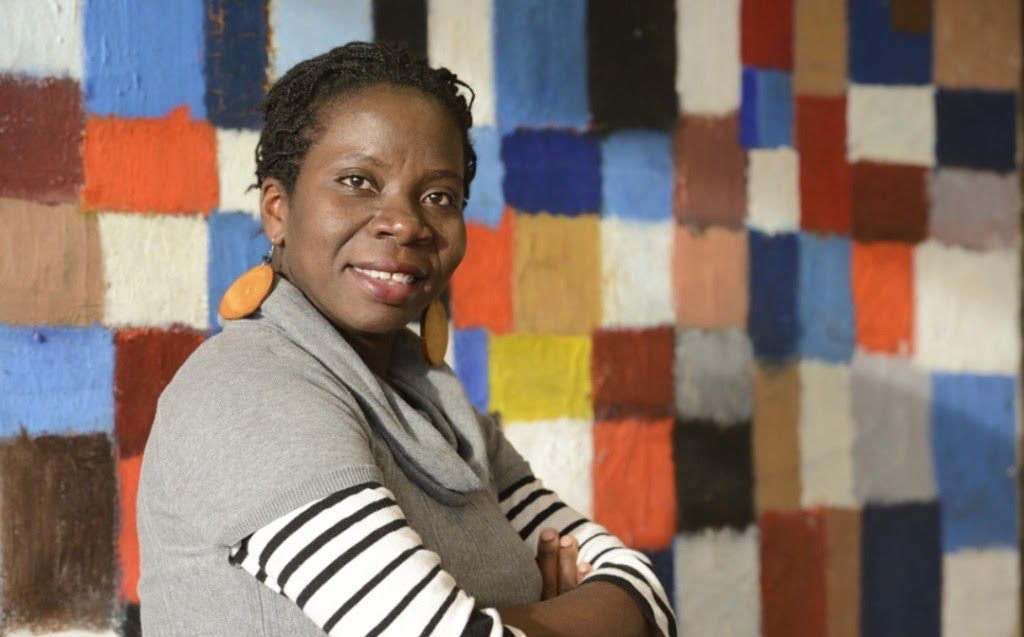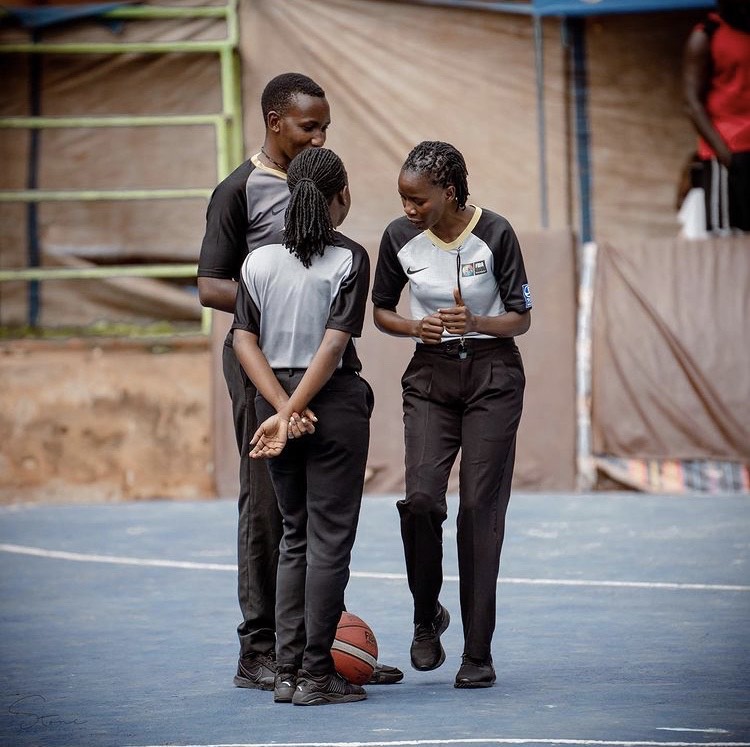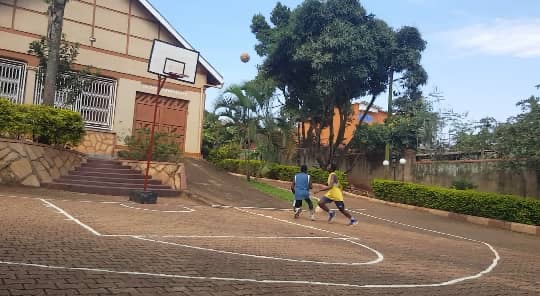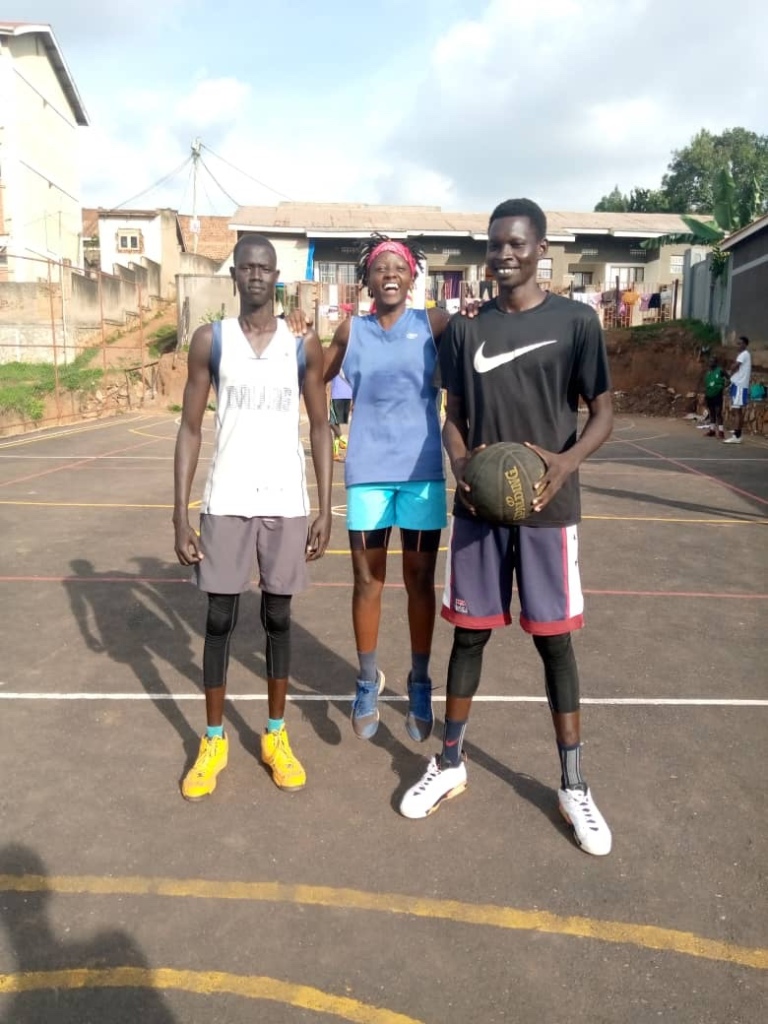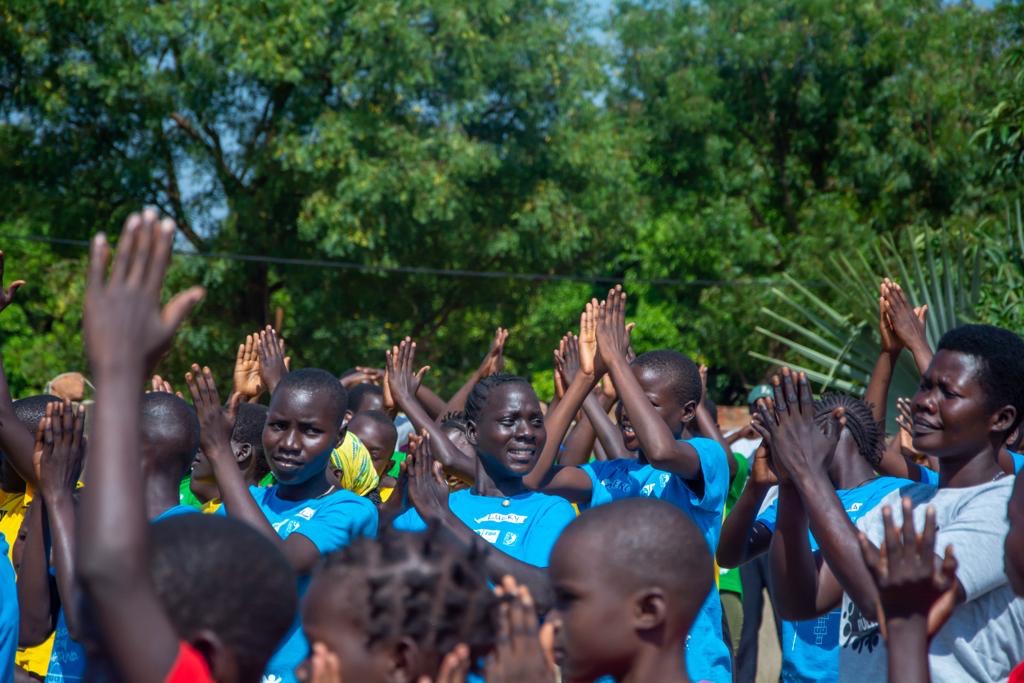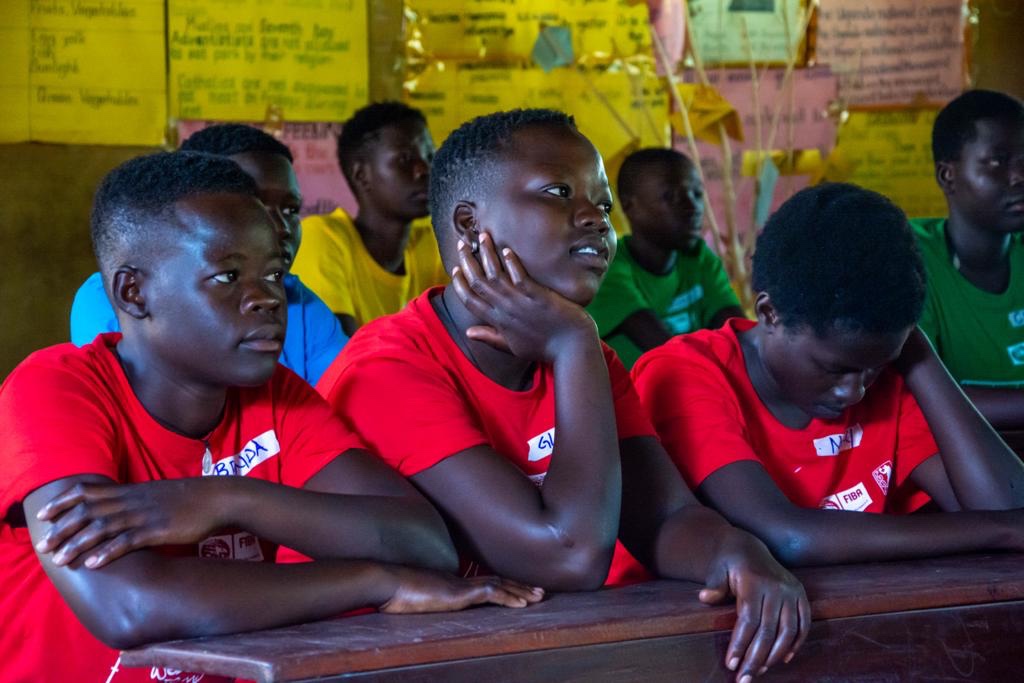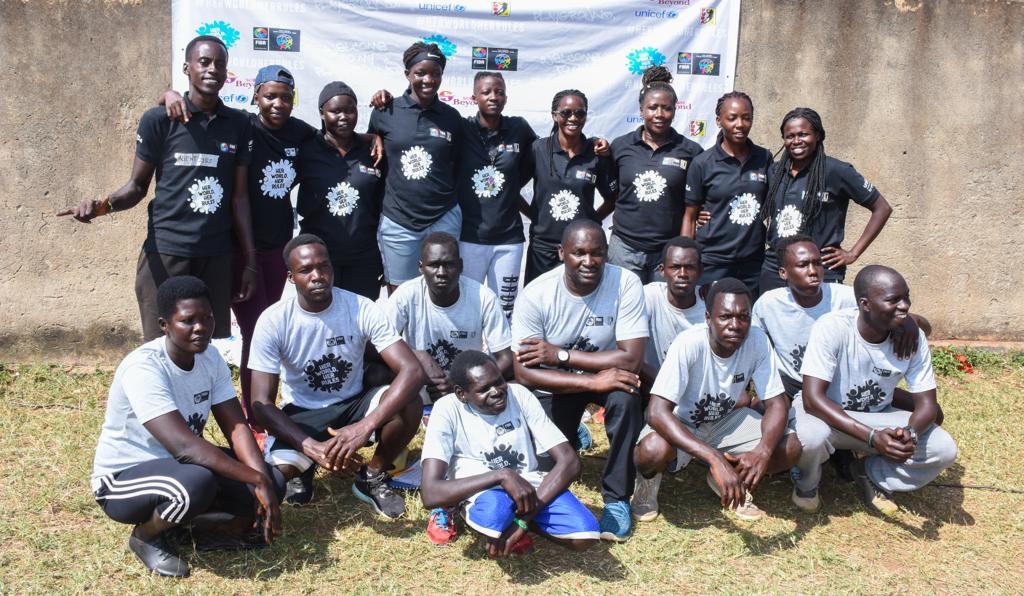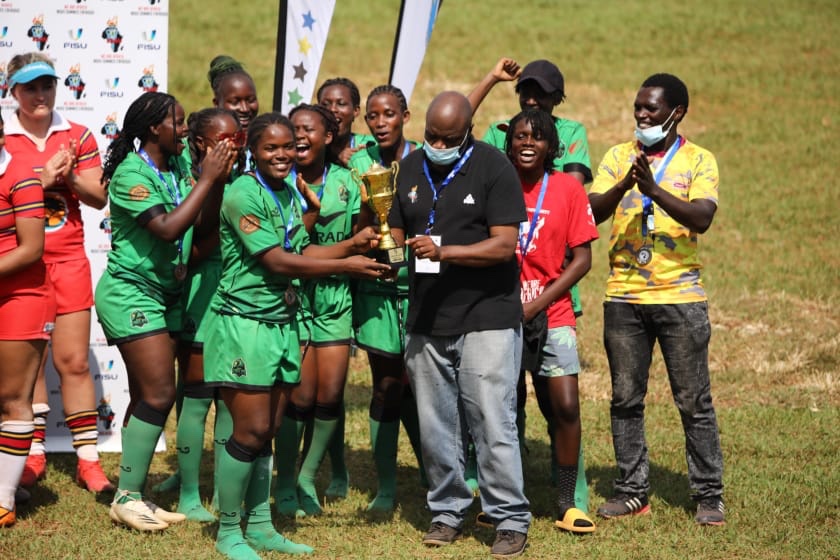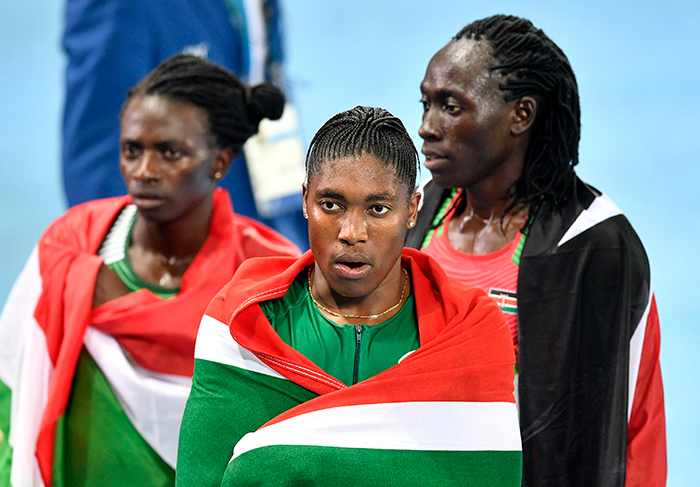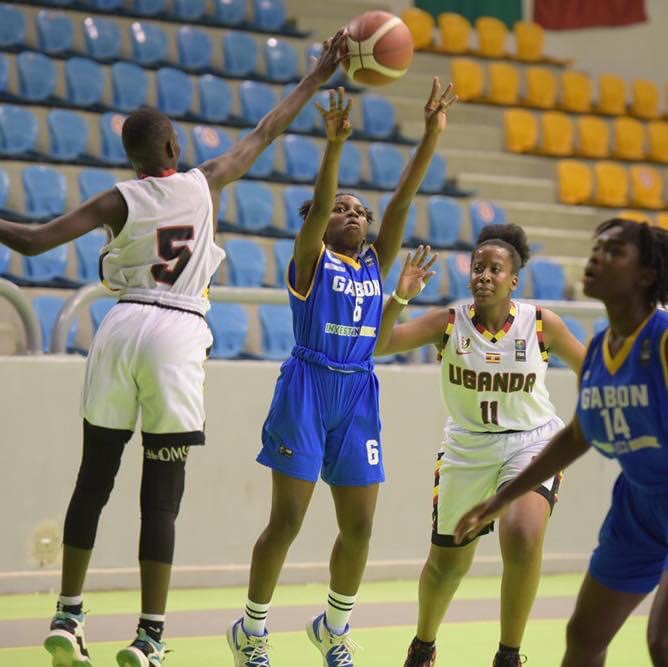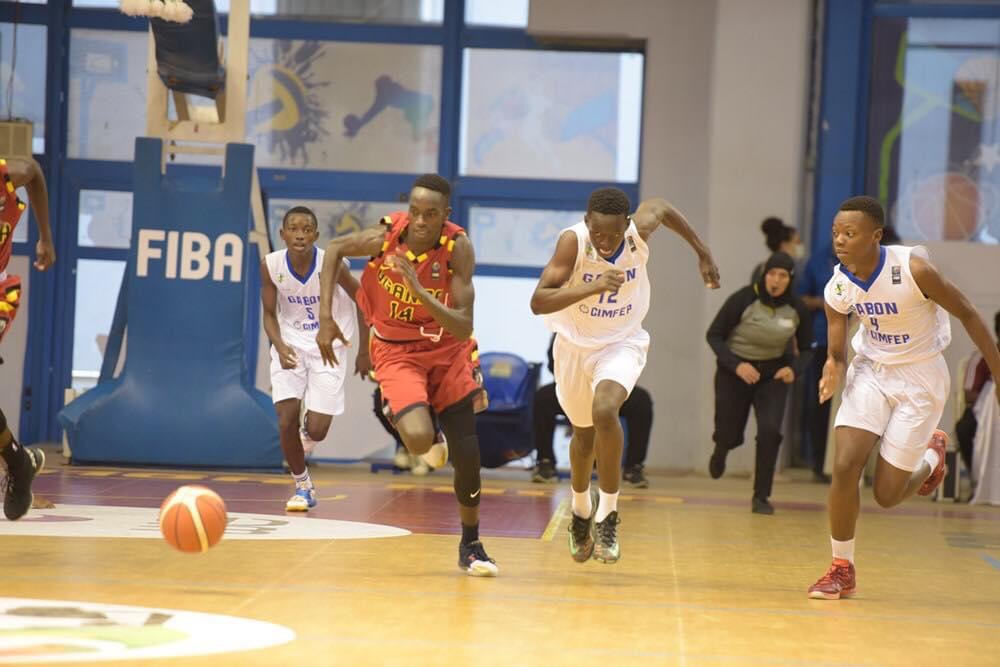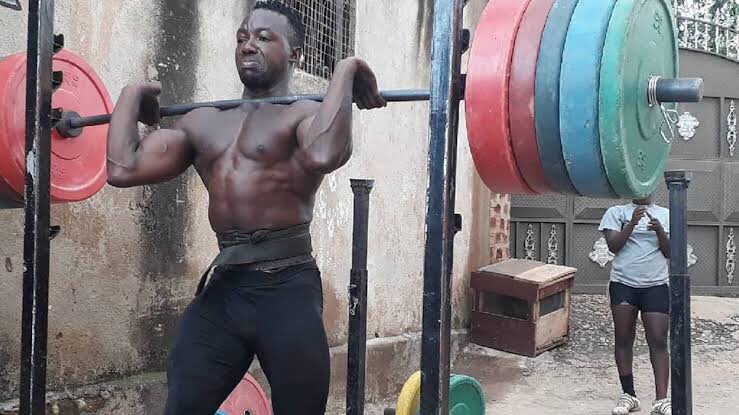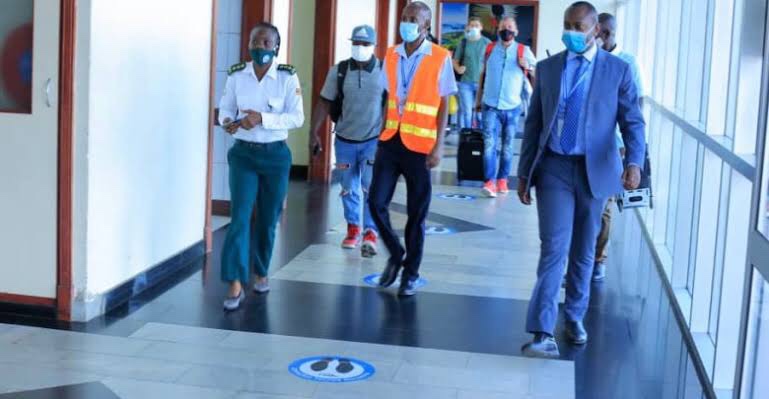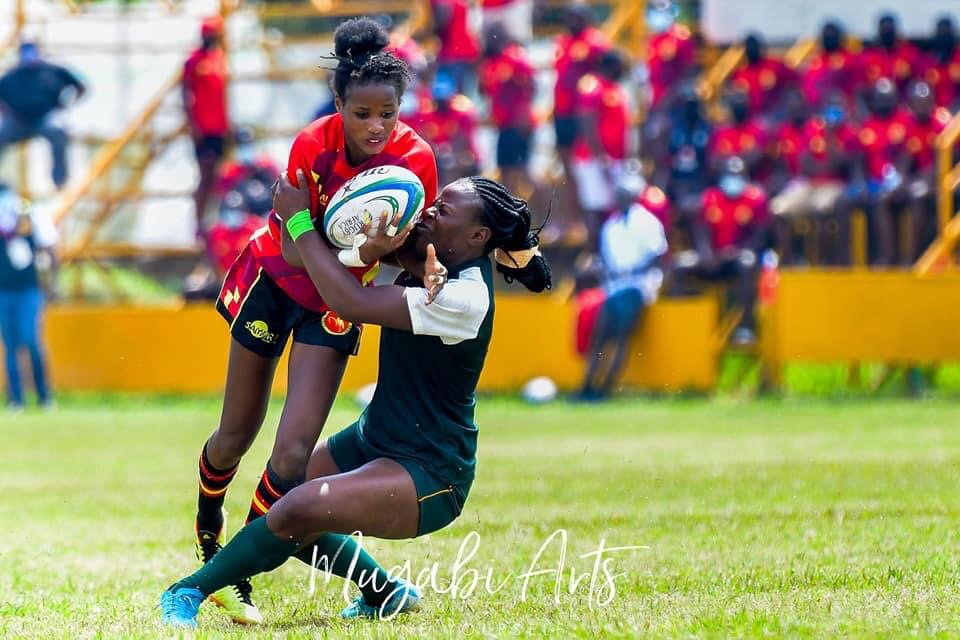
Recently I was jogging while listening to one of this generation’s great radio stations known for playing the latest music and having the hottest news around town. It was 6:00 pm sports updates.
“Good evening to you, our listeners. Thank you for tuning in. In today’s sports news, we shall start with football on the local scene ….. Basketball at the local scene has also become exciting to catch over the weekend. This weekend Our Saviour beat Namuwongo Blazers. The other games were KIU men against UCU (all the men’s games that took place over the weekend)….. The women’s league is also ongoing. Now for sports at the International Scene…”
The irony, I was jogging to keep fit and ensure that I post a good performance for an audience that barely gives half a thought to women’s sports. All the efforts to have women’s sports aired or given media attention were withered down in a fraction of a second. It was totally out of place for women’s basketball or sports, in general, to be categorized as the other. I didn’t want to be biased and assume that since it was a man giving the updates, he had to give less attention to women’s sports. We have seen men actively engaged in women’s sports spheres and are at the forefront of promoting women’s sports. Could the issue have been with the reporters? I suspect they watched only the men’s games, and whenever the women’s games came live, they would go out of the arena or YMCA grounds to take a breather as they waited for the men’s game.
The sport’s administrators indirectly support this media attitude towards women’s sports without prior knowledge of the harm they are causing. Who wouldn’t think that the men’s game was the first game of the season (Return of basketball), given the guard of honor bestowed upon the teams while the women took a shower in the locker rooms? As a writer, I would love to focus on the area that the administrators emphasize. Running an article about how the men’s National team is camping at the best sports facility on the continent over an article on how the women’s National team is camping near the source of the Nile would definitely gain me more clicks on my link. We have indirectly become the perpetrators of the narrow, stereotype-filled media circles regarding women’s sports.
Today we celebrate the milestones; tomorrow, we are holding our heads in dismay, reminding ourselves that women’s sports is also SPORTS! The continuous increase in the number of women in media spaces should be garnering more attention towards women’s sports. Women’s Sports allies have also registered a rise in recent years, and this should also present an opportunity to have more women’s sports events or activities aired. The repetitive cycle of just highlighting women’s sports or even lack of media air time shouldn’t still be one of the issues women sports face. We deserve consistency and proper media presentation of women in sports.
We should take advantage of the leadership spaces that women now enjoy in different Sports arenas to advocate and push for women in sports. Women and women sports allies in sports media should devise strategic ways to have women sports given more air time. Media houses should aim at striking a balance between reporting about women’s and men’s sports. Finally, administrators or sports leaders should be at the forefront of designing programs and implementing policies that will support the growth of women’s sports and draw the right media attention.
Support women in sports.


